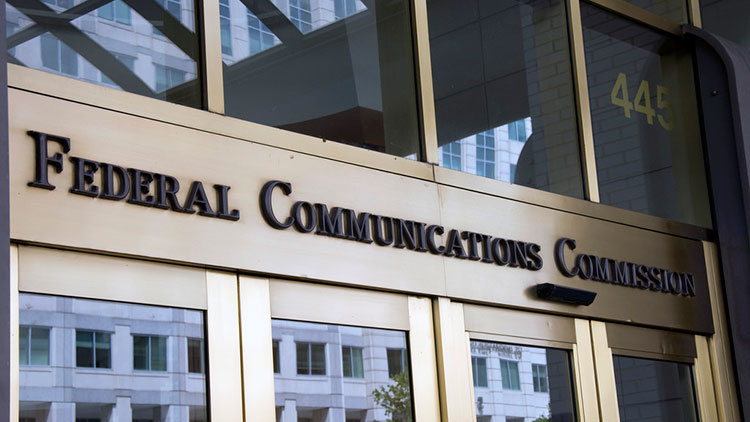Free Press Seeks Emergency Stay of UHF Discount Return

The smarter way to stay on top of broadcasting and cable industry. Sign up below
You are now subscribed
Your newsletter sign-up was successful
Free Press and others have asked a federal court to stay the FCC's April 20 reinstatement of the UHF discount, which is scheduled to go into effect June 5, and the court has given the FCC until June 1 to respond.
They had asked the FCC to stay the order May 10, but in a filing Friday, May 26, told the U.S. Court of Appeals for the District of Columbia that given that petitioners had not yet heard back from the FCC and given the impending reinstatement of the discount and its impact on consolidation, it was seeking an emergency stay.
The court on May 27 gave the FCC that deadline to respond, then gave Free Press et al., until the next day, Friday, June 2, to reply to that response. The three-judge panel hearing the petition for stay comprises Sri Srinivasan, Thomas Griffith and Cornelia Pillard.
There is a high bar for such stays, but Free Press attorneys suggest it has been met in this case.
They say they are likely to prevail on the merits of their appeal because 1) the FCC was arbitrary and capricious to reinstate a rule it conceded is obsolete and does not serve the public interest; the FCC was arbitrary and capricious to reinstate the discount assuming it will conduct a future proceeding to consider raising the 39% cap on national audience reach and modifying the discount at the same time, particularly given that it says the FCC lacks the authority to modify the 39% cap, which was set by statute. They also say viewers will face irreparable harm because if the cap is reinstated the FCC will approve mergers and broadcasters will not be harmed because staying the return of the discount is preserving the status quo.
The petition for emergency stay was filed by Free Press, Media Mobilizing Project, Prometheus Radio Project, National Hispanic Media Coalition and Common Cause.
The UHF discount counts only half a UHF TV stations audience toward the national cap, so a group of UHF stations could reach over 75% of the national audience and still be under the cap. The discount dates from the analog days when the UHF signal was the weaker and less desirable. In digital, those fortunes are reversed.
The smarter way to stay on top of broadcasting and cable industry. Sign up below
By a 2-1 vote along political lines, the FCC under Pai restored the discount pending a wider review of media ownership regs, which eased the way for more media deals, including Sinclair's proposed $3.9 billion purchase of Tribune.
FCC Chairman Ajit Pai has conceded the discount could well be an anachronism, but says the previous FCC erred in not considering raising the cap, or perhaps coming up with a VHF discount, and so suggested he was simply returning the situation to the status quo before his predecessor and the then-Democratic majority eliminated the cap last fall. "Today the FCC is wiping the slate clean," he said after the vote, and said later this year he will start reviewing both the discount and the cap.
The FCC under Democratic Chairman Tom Wheeler had eliminated the discount last September as part of his review of ownership regs, the latest review under a quadrennial schedule, and also in response to a remand from the Third Circuit Court of Appeals that dates back to 2003, when that court blocked deregulatory media ownership reg changes.
Contributing editor John Eggerton has been an editor and/or writer on media regulation, legislation and policy for over four decades, including covering the FCC, FTC, Congress, the major media trade associations, and the federal courts. In addition to Multichannel News and Broadcasting + Cable, his work has appeared in Radio World, TV Technology, TV Fax, This Week in Consumer Electronics, Variety and the Encyclopedia Britannica.

